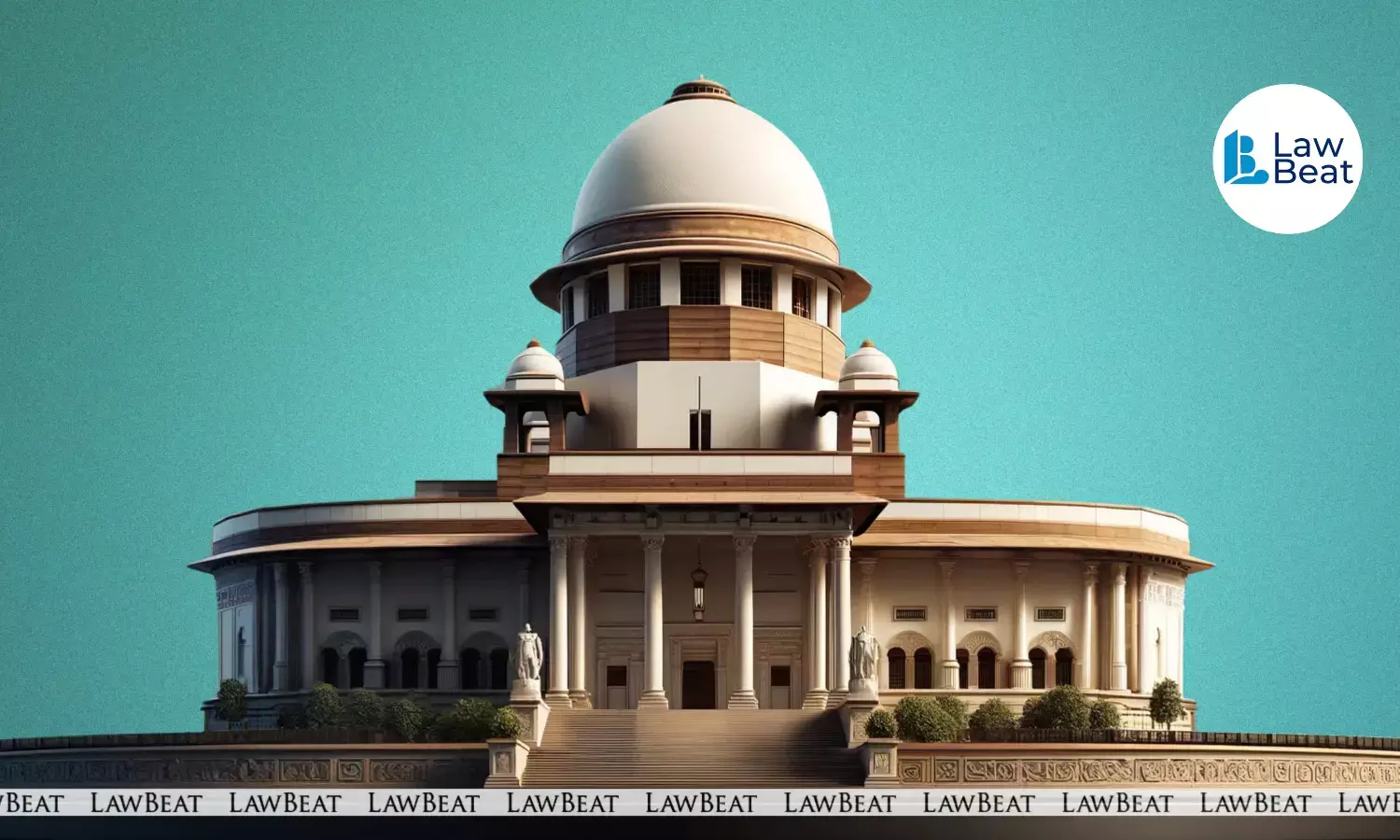Transgender Rights: Supreme Court flags deficiencies in 2019 Act; calls for Centre's immediate attention

Considering the matter before it an eye opener for one and all, Supreme Court has brought to light certain deficiencies in the 2019 Act which require immediate attention of the Parliament and the Union of India.
The Supreme Court on Friday flagged certain deficiencies in the Transgender Persons (Protection of Rights Act), 2019 which it has said require immediate attention of the Parliament and the Union of India.
Noting that one of the issues arising under the 2019 Act is the accessibility and effective availment of the benefits it guarantees, a bench of Justices JB Pardiwala and R Mahadevan said while the Act takes significant steps towards securing a slew of benefits for the transgender persons, these benefits are made dependent on the possession of an identification card. In this context, the Ministry of Social Justice and Empowerment has been asked to consider simplifying and streamlining the process of issuance of identification cards to the transgender persons.
On the inadequate condition of ‘Garima Grehs,’ the State-funded and operated shelter homes for transgender persons, which have been established to provide a safe and inclusive living environment across the country, the court has said, "While the initiative of the Union of India is commendable, merely setting up these shelters is insufficient. We urge, the Union of India, particularly the MoSJE, together with all State Governments, to earnestly take proactive steps in ensuring adequate funding for the effective functioning of these homes and to further expand their reach, with the aim of establishing such shelter in every district."
Highlighting challenges faced by the transgender community, particularly within public institutions such as educational establishments, hospitals, transport hubs and government offices, the bench said it is the lack of effective measures ensuring reasonable accommodation and has suggested that: -
a. Gender-neutral or gender-diverse washrooms be provided within the premises of all public as-well as private establishments.
b. All establishments, including workplaces, may endeavour towards cultivating an environment that is gender-inclusive and conducive to the free expression of identity by transgender persons, without fear or stigma.
c. All personnel at these establishments, particularly the employers, be urged to maintain strict confidentiality with regard to the gender identity of transgender employees.
d. All establishments under the 2019 Act, especially the educational institutions and workplaces, must also strive to update their forms for admissions and examinations, especially at the application and entry level, to include and accommodate the category of ‘Third Gender’, to ensure the maximum participation of transgender persons in such institutions.
e. All educational institutions may ensure that they respect the gender identity and right to recreation and participation of transgender persons. They may be inclusively accommodated in the academic, cultural and physical environment of the institution.
Notably, the University Grants Commission (UGC), the Central Board of Secondary Education (CBSE), and all State Education Boards have been asked to earnestly consider adopting comprehensive policies in institutions under their recognition or affiliation to promote inclusion and equality for transgender, intersex, and gender non-conforming students.
"Security check-ins at airports, metro stations, bus stands, sea ports, workplaces, shopping complexes, malls, cinema halls, and other public spaces may create special gender diverse screening points for transgender persons along with the sensitization of security personnels at such security-checks", the judgment adds.
In view of Section 15(d) of the 2019 Act, the National Medical Commission has been urged to consolidate their efforts and come up with a revamped course curriculum with pragmatic pedagogic approach towards equipping the medical students and doctors with knowledge pertaining to gender reaffirming surgeries and specific health issues faced by transgender persons.
Ministry of Home Affairs to also consider formulating and issuing specific directions to ensure that no transwoman is arrested without the presence of a lady officer.
These suggestions have come from the Supreme Court while it dealt with a petition filed by Ms. Jane Kaushik, a transgender woman who was aggrieved by the discrimination and humiliation she faced as a transgender person in employment which allegedly resulted in her termination from two different schools situated in two different States in the span of a year. Court has directed the government respondents to pay Rs 50,000/- each by way of compensation to Kaushik for their inaction and lethargy which resulted in lack of redressal mechanisms for her to avail.
Notably, Court has also formed an Advisory Committee headed by Justice Asha Menon, Former Judge of the Delhi High Court, for formulating a practical policy draft and/or a report for the consideration of the Union of India, so as to further the transgender rights discourse and give effect to the beneficial provisions of the 2019 Act.
Case Title: JANE KAUSHIK vs. UNION OF INDIA & ORS.
Judgment Date: October 17, 2025
Bench: Justices Pardiwala and Mahadevan
